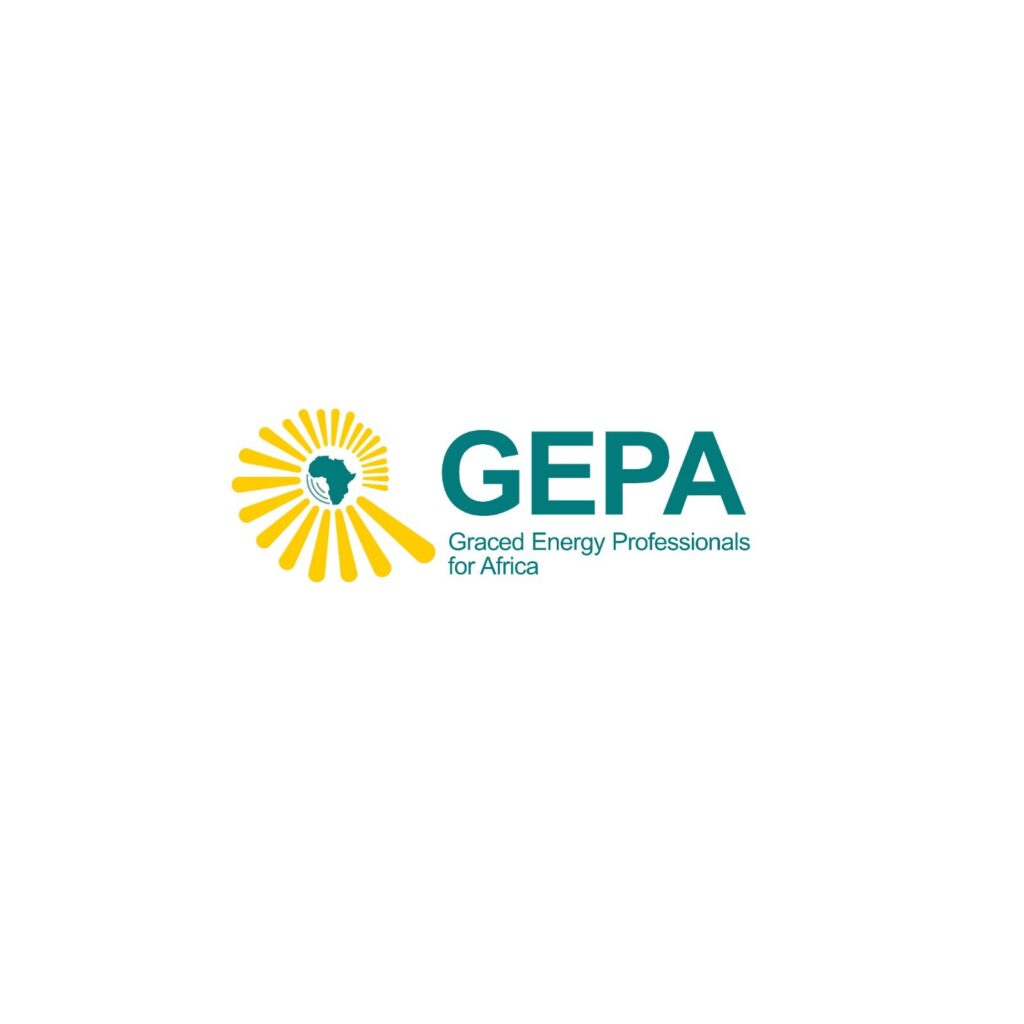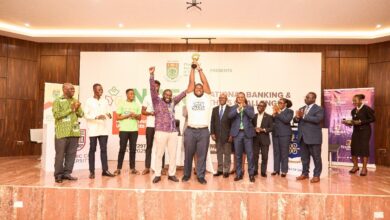Rethinking Africa’s Energy Future: Why Innovation Alone Isn’t Enough

By Chinenye Ajayi
Sub-Saharan Africa Still in the Dark
In 2024, Sub-Saharan Africa remains the region with the highest population lacking access to electricity—approximately 600 million people live without reliable power. Despite commendable efforts to expand generation capacity, deploy solar home systems, and liberalize electricity markets, the pace of progress is uneven and, in many cases, unsustainable.
Innovation is Urgent—But Not Enough
There is a renewed push across the continent to embrace innovation—whether through decentralised energy solutions, digital technologies like smart metering, or creative financing mechanisms such as results-based subsidies. These developments are not only necessary but urgent.
Yet, as an energy lawyer and development practitioner, I have come to realise that technological innovation alone will not solve Africa’s energy crisis.
What is often missing from the discourse is the role of values—integrity, purpose, service—and the type of leadership driving these solutions. If innovation is the vehicle, leadership is the steering wheel. The African energy sector needs a moral and ethical reset, one that nurtures not just problem-solving but problem-solvers with conviction.
A Landscape of Promise and Paradox
The African energy sector is a study in paradox.
On one hand, the continent is rich in renewable energy potential—boasting some of the highest solar irradiation levels globally, along with abundant wind and hydro resources.
On the other hand, many national utilities are technically insolvent, facing billions of dollars in debt and inadequate infrastructure to deliver stable electricity.
According to the International Energy Agency (IEA), the financing gap for universal energy access in Africa is over $30 billion annually, with off-grid and mini-grid solutions gaining ground as scalable alternatives. Yet these technologies are not evenly deployed due to poor policy enforcement, fragmented market ecosystems, and a lack of trained, accountable professionals.
Moreover, trust in public energy institutions remains low in many countries. Frequent tariff hikes, estimated billing, and unreliable service have led to widespread use of diesel generators—costly both economically and environmentally. This creates a vicious cycle of inefficiency, frustration, and resistance to reform.
Ethical Leadership: A Missing Pillar
If the continent is to realise its energy goals, the character of those implementing them must be part of the conversation.
Ethical lapses—from procurement fraud to regulatory capture—have hindered progress across power value chains. Well-designed policies have often been undermined by a lack of implementation discipline or political will.
This is not unique to Africa, but the cost of poor governance in the power sector is particularly acute here. When an electrification project fails, it’s not just a data point—it’s a school that remains in darkness, a clinic that cannot store vaccines, a business that closes early.
What Africa needs are energy professionals who see their work not just as a job or commercial opportunity, but as a calling to serve people with excellence and integrity. This is where a faith-informed approach to energy development—one that centres on ethical leadership, purpose, and accountability—can provide a complementary foundation to technical solutions.
Spirit-Led Innovation: Aligning Purpose with Progress
There is growing interest among young African professionals in combining their technical skills with deeper purpose. Faith-based networks in energy, health, and education are emerging as alternative spaces where values are as important as results.
These communities offer mentorship, spiritual support, and professional collaboration—ingredients that are often missing in conventional industry settings.

As the convener of Graced Energy Professionals for Africa (GEPA), I have witnessed the hunger among early-career professionals for a model of leadership that is both transformative and values-driven. These individuals are not just seeking to evangelize the energy sector, but to ensure that innovation is grounded in integrity, compassion, and community impact.
If you’re an energy professional interested in joining a like-minded, faith-driven community committed to ethical leadership and sustainable impact, visit 👉 https://gepafrica.com to learn more and get involved.
Spirit-led innovation doesn’t mean sidelining science or market dynamics.
It means recognising that wisdom, discernment, and justice are essential to sustainable development. It means mentoring future leaders who are deeply rooted in values, and who can navigate the sector’s complexity with both technical clarity and moral courage.
A Quiet Shift with Big Implications
Africa’s energy conversation is often dominated by megawatts, financing, and infrastructure. But behind every policy is a policymaker. Behind every project is a project manager. Behind every tariff review is a regulator.
If we invest only in hardware and overlook the human software—the ethics, mindset, and motivations of the people running the sector—we risk repeating the mistakes of the past.
A quiet but powerful shift is needed: from short-term fixes to long-term stewardship, from transactional leadership to transformational leadership. This shift won’t happen overnight, but it is already being seeded in communities, professional networks, and mentorship spaces across the continent.
We must begin to ask:
Who is designing Africa’s energy future, and why?
Are they driven by profit alone, or by a vision to empower communities and uplift generations?
In answering these questions, we begin to build not only a more electrified Africa, but a more equitable and purposeful one.
Author’s Note

Chinenye Ajayi is an energy professional, electricity law and policy expert, and co-founder of Solfa Power Limited. She convenes Graced Energy Professionals for Africa (GEPA), a faith-driven community that empowers ethical, Spirit-led professionals to transform Africa’s energy sector.
Read Also: The 2 Seasons in Ghana: Blessings and Challenges.




